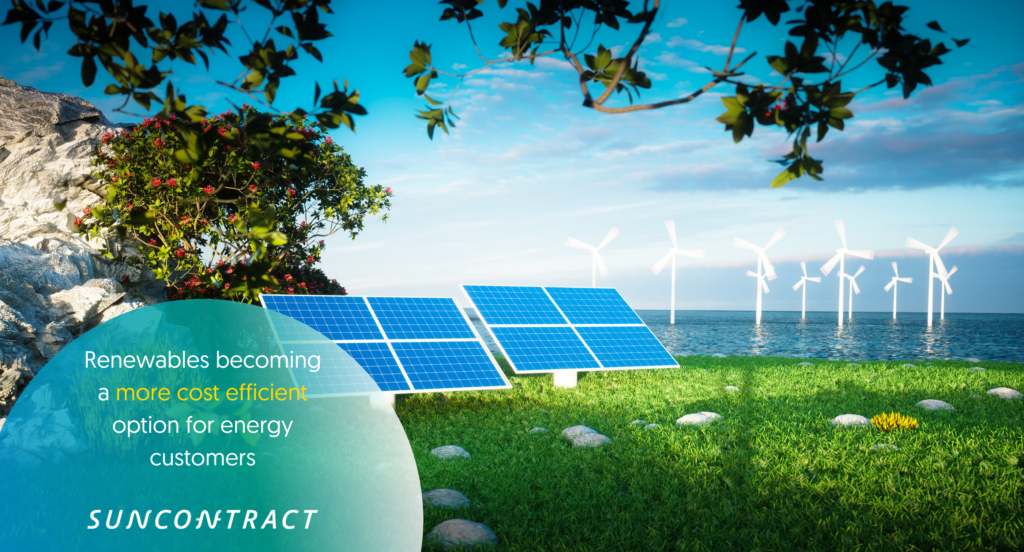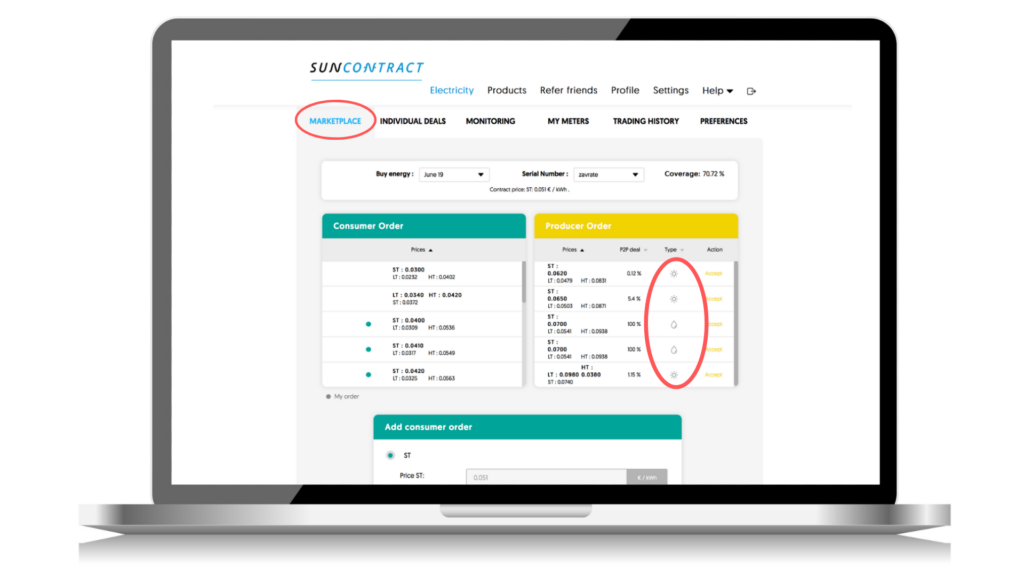P2P energy trading platforms - the renewables ally
Currently, almost 80% of the world energy is still provided by fossil fuels while energy demand is increasing in all regions of the world. In the face of climate change, environmental destruction and the rising cost of fossil resources, societies are driven to adapt and achieve sustainability. Renewable sources along with high energy efficiency are a compelling alternative.

There are many consumers who would like to have the ability to consume renewable energy, but unfortunately cannot afford buying production assets. Rather than requiring electricity consumers to set up a solar roof, consumers should have the option to purchase renewable energy from their solar-powered neighbors who have surpluses.
The current system unfortunately requires the public utility to play the role of middleman, i.e., third party intermediary, between prosumers and consumers who want renewable energy.

But why can’t consumers buy energy directly from producers, and producers sell energy directly to consumers?
The blockchain makes it possible for distributed energy resource owners (more specifically — producers) to transact in a P2P fashion with consumers. At SunContract for example, we welcome all producers of renewable energy to tap into our marketplace of electricity consumers, producers and prosumers — enabling them to transact with each other directly.
Producers are not the only beneficiaries in this kind of P2P business model: consumers too take advantage of the best rates in the marketplace while selecting their preferred energy source.

As you can see in the image above, consumers (on the SunContract platform) can see the prices available on the energy marketplace. They can also see exactly which type of energy is being offered by each producer before they accept an offer.

Consumers can also set orders for electricity based on their willingness to pay (WTP) price and when a producer sets an offer that matches this price, the consumer’s order is automatically fulfilled and the two enter a P2P agreement.
P2P energy trading — efficient management of decentralized energy systems
P2P energy trading technologies are an extremely efficient way of transacting energy. Blockchain improves the management of decentralised energy systems. Enabling the adoption of local energy marketplaces by localised P2P energy trading will significantly increase energy self-production and self-consumption, also known as behind the meter activities which can potentially affect revenues and tariffs.
P2P trading in local energy marketplaces can also provide socio-economic incentives that promote local renewable generation and therefore might form an alternative incentive for prospective prosumers. Consumers, who cannot afford investing in renewable generation, either due to capital funding or limited space, can also buy green energy at affordable prices.
P2P trading is still in its early stages. However, there is a lot of potential for marketplaces like SunContract to radically change established roles of incumbent energy companies, such as energy suppliers and even grid operators, who in most countries are regulated monopolies.
Join our network of community members to stay updated on all SunContract project developments.


